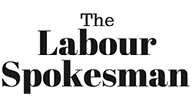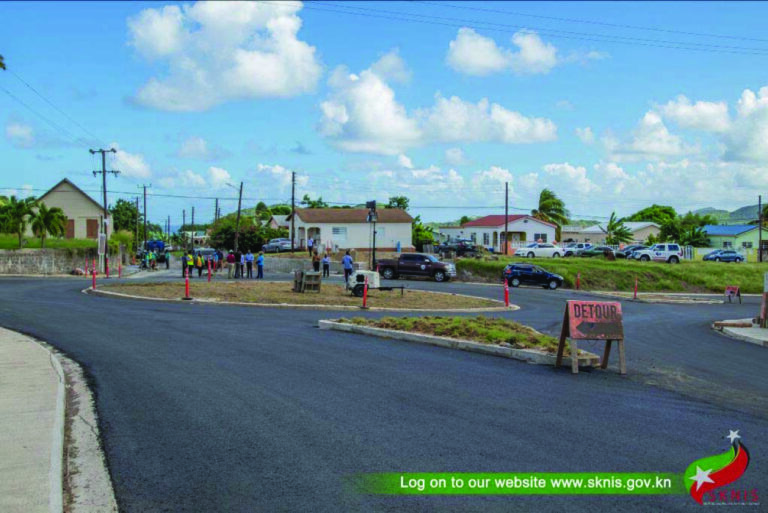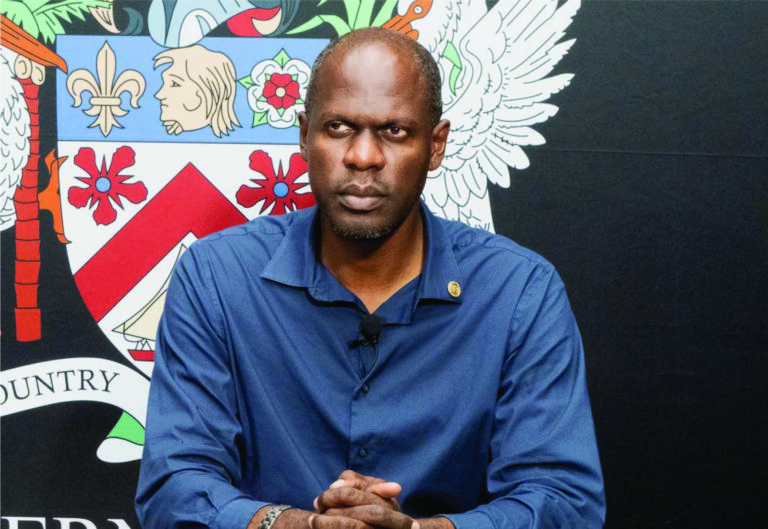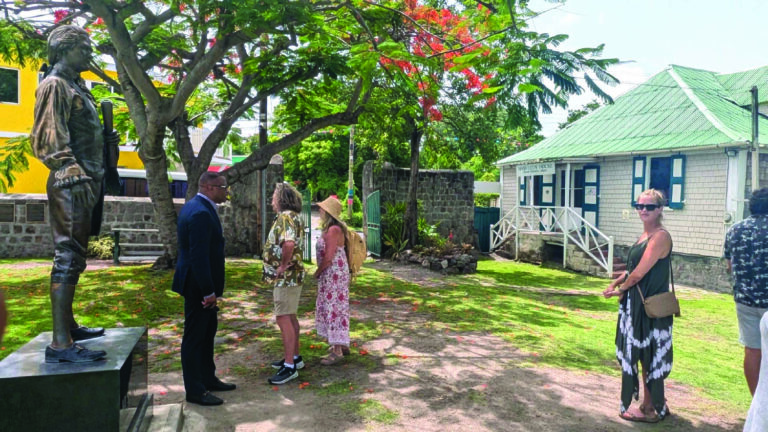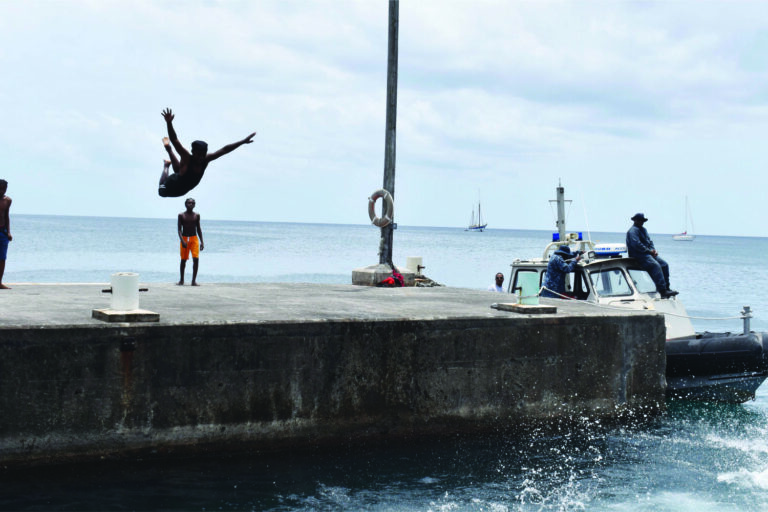Basseterre, Saint Kitts, May 02, 2025 (SKNIS): The road network across Saint Kitts has seen significant improvements over the past two and a half years as the government continues to roll out “its bold and transformative” road infrastructure programme.
Minister of Public Infrastructure, the Honourable Konris Maynard, highlighted some of the key achievements recorded under this programme since the government took office in August 2022.
“We have embarked on the largest road infrastructure expansion project ever executed in the first two and a half years of any administration, of any government, committing approximately $80 million to critical roadworks across the nation.” said Minister Maynard during today’s (May 02, 2025) Sitting of the National Assembly.”
He noted that the extensive programme has benefited many communities around the island. Roads completely resurfaced include the Basseterre Bay Road East, Boyds Village, Market Street, Sproat Street, Fortlands (in the vicinity of the CARDI Building), Wigley Avenue, Trafalgar, Ottley’s Village, Harris’ Village, Lime Kiln Housing, New Road East, and Southwell Drive.
The progress is commendable given that major repairs were urgently needed on many of the equipment used to resurface roads. Minister Maynard estimated that almost 12 months of the past two years were spent repairing the dilapidated equipment at one time or another.
In spite of these setbacks, the minister of public infrastructure said the extensive road upgrade project will move forward. Work will soon begin in the areas of George Street, Newtown; Infirmary Road; Bourkes, Sandy Point; the C. A. Paul Southwell Industrial Estate; New Road West; CLICO Housing; Halfway Tree; Tabernacle; Molineux; and Wingfield, Old Road.
Additionally, concrete roads have been installed – or are currently being installed – in community housing projects, with the government investing over $30 million in this initiative alone.
Minister Maynard also highlighted the ongoing major road rehabilitation project covering the F. T. Williams Highway East up to Ogees Ghaut in St. Peter’s.
“Madame Speaker, these are not just roads, they are arteries of economic activity, lifelines for families, and symbols of a government that works for people,” Honourable Maynard stated, emphasising the value of these worthwhile investments.
